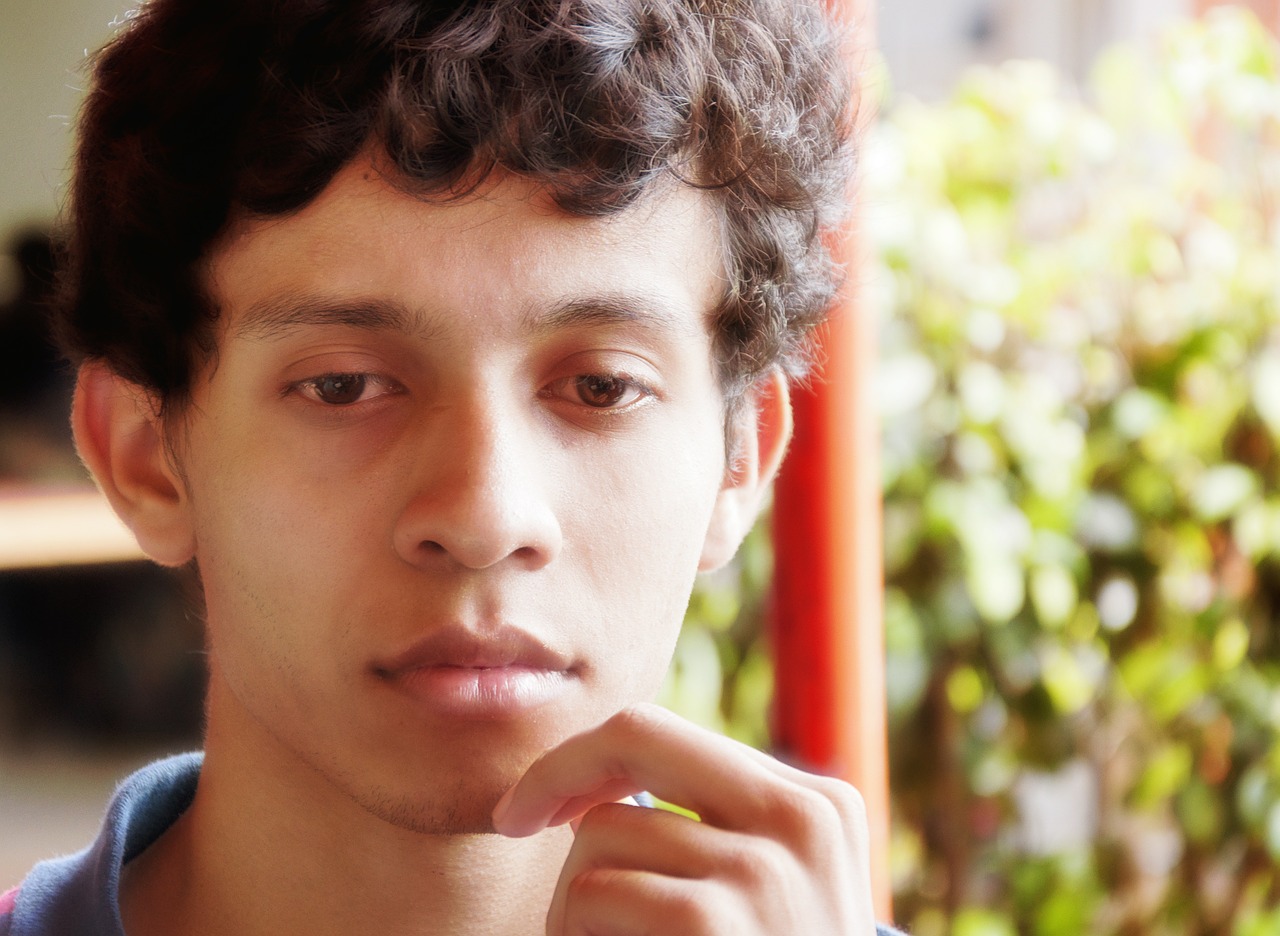In recent months, the Muslim population within the United States has faced increased barriers to accessing healthcare. Significant changes in federal policy have created a charged atmosphere where angry, anti-Muslim rhetoric has become commonplace, even among their local communities.
With the growing number of incidents involving vandalism of mosques and the recently overturned presidential order barring refugee entry from seven predominantly Muslim nations, California’s Muslims have found themselves feeling more isolated and apprehensive than ever before. Recent studies suggest that these abundant discriminatory acts are having negative impacts on the mental health of Muslims across the state, producing widespread helplessness and anxiety.
Image Source: Alex Wong/Getty Images
According to a report released by the Amala Hopeline – a mental health telephone hotline aimed at helping young Muslims in the Sacramento region – the events following the election of Donald Trump in November 2016 have resulted in a sharp increase in the number of telephone calls from Muslims seeking to share their emotional issues. This recent spike in hotline calls coincides with an increasingly hostile political environment and escalating vandalism targeting Islamic centers across the nation. Within the last few weeks, mosques in the Californian cities of Davis and Roseville were targeted with smashed windows, strips of uncooked bacon, and anti-Muslim graffiti. As a result of discriminatory crimes targeting their religious faith, Muslims across California are finding themselves feeling anxious and on-edge as they question not only their physical safety, but their general acceptance within the country. Consequently, during the months of December 2016 and January 2017, the hotline received 24 calls each month, whereas the same months in the previous year only saw a total of seven calls. Data collected from the hotline callers indicate that the most pressing issues for local Muslims include anxiety, family stress, depression, and cultural pressures. After viewing news of stricter immigration enforcement and discriminatory incidents, many Muslims reported fears of personal or family deportation, or retaliatory attacks from their communities.
Image Source: Bill Pugliano/Stringer
Because mental illness carries a negative stigma in many Muslim families, mental health issues are often ignored or inadequately addressed. However, with Muslims living in a period of fear, universities and mental health agencies are beginning to rise to the challenge of supporting their local residents. UC Davis has started offering legal-aid workshops for immigrants, in addition to hiring a psychiatrist familiar with Muslim customs and beliefs to their counseling center. Because Muslim students often have difficulty explaining their religious practices, a therapist focused on helping patients from Islamic backgrounds provides a more comforting and open environment. Other psychotherapy practices across the state are also offering mental health training for Muslim community leaders.
While progress is being made, significant political challenges remain on the horizon for much of California’s Muslim population. These are posed to further create substantial mental health issues for Muslim Americans, and require greater awareness. Moving forward, communities must be prepared to adequately respond to the growing mental health needs of local Muslims.
Featured Image Source: doubt-623847_1280










